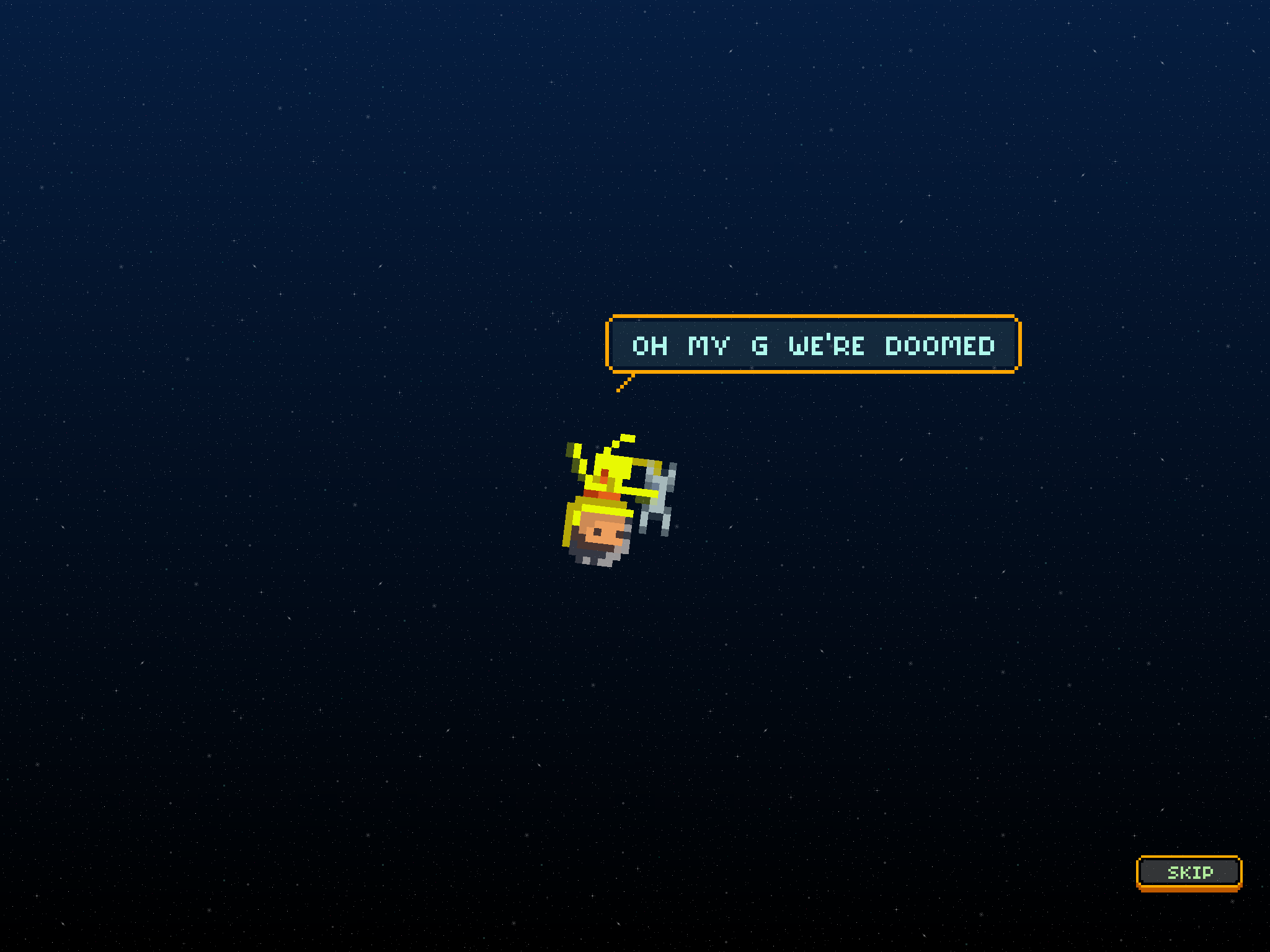You're in space. You're the captain of a space exploration team. You have with you a crew of men and women as well as a cat and a dog on the ship. Then your ship explodes, spitting everyone out into the dark, ever-expanding universe. You're the only one with a jet-pack; the rest of your crew is scattered around helplessly on barren planets. There's no food, no water, no way back to earth. What's a captain to do? "One option remains, gather your crew... And jump into the sun."
I love fights. I’ve seen boxing heavyweight champion Wladimir Klitschko at Madison Square Garden. I've watched wrestling and Taekwondo at the Beijing Olympics. I’ve seen underground MMA in Tokyo. I’ve been to the church that holds Muay Thai kickboxing bouts in their basement in New York City on weeknights. I’ve walked around an ancient Roman arena in Paris. I just love fights. But I had never seen an actual blood sport, one that by definition required something to bleed and die. I’d never seen bullfighting or cockfighting.
Thousands of video games are born every week. Big games, small games, AAA games, jam games, computer games, console games, mobile games...all kind of games. But how many video games die in those same weeks? We don't know, because most of the time we don't even notice. Video games don't die when there's no one to play them; they die when there's nothing left to play.
Two years ago, when I told people that I was doing a PhD on loss and mourning in video games, they started dropping a single reference: That Dragon, Cancer. It’s That Game About Grief, they said, tackling a father’s real experience of dealing with his son’s terminal cancer. It’s really intimate, like a personal confession, I should check it out. What they seemed to know about this game surprised me. After all, until quite recently That Dragon, Cancer – a project by Amy and Ryan Green and their company Numinous Games – was still in production.
Sure there's contour
among the bodies in the bushes,
as there are notebooks on the flora.
It's the coughing that's unnerving
idolatry, haltering.
“The only link between him and the world was a wave of music, a minor modulation. Not a lament, no cry, yet purest of sounds that ever spoke despair.” – Antoine de Saint-Exupéry, Night Flight (1931)
Congratulations! You have died.
Failure
YOU HAVE FAILED.
Mission Failed
You Crashed
YOU FUCKED UP
It feels almost fitting, in a macabre way, that as I write about finding meaning in seemingly meaningless repeated deaths and do-overs in games, I am faced (again) with the notion that death is not infinite; that in reality there are no do-overs. That death is meaningful because it is finite, because you only get one chance to do everything right, because death is not a reset function.
Sunburn! is a game about death. Although the game uses narrative sparingly, the story provides some context for how the player is tasked with solving each level. Your friends – the crew – are stranded in space. You are all dying, slowly running out of food and oxygen. If you do nothing, you will all die alone on the bleak unpopulated planets on which you have found yourselves.
Again, you mewling kitten of a gamer, you put some swearwords to use and reloaded. Of course, it wasn't you who kicked the bucket. All that the death of your Alter Ego leaves behind is a tiny stain on your pride.
What if "YOU DIED" appeared on your screen and you hadn't even started playing yet? What if after the end credits finally end, you’re asked to press "START"? What if death in a game wasn't just a "GAME OVER" screen, but a different dimension influenced by opinions about death – in fiction and in religion – all yours to explore?
Hello, my name is Arun and I recycle electronic waste. I don't exist, but there are many like myself. We live in China, India, Vietnam, Nigeria, Ghana, and many other countries in the Global South. You find us in shanty towns, on the outskirts of the big cities, in dirty backyard workshops. We handle trash for a living. Expensive electronic trash.
Leigh’s own personal work is not just in critical theory, but in art itself: She is a published novelist and a journalist. All around, Leigh’s commitment to emerging voices in video games, as well as pushing the medium of games to the ultimate extreme of experimental narrative and interactive art, Leigh’s just kind of my tech hero. She’s really a person after my own heart. We got into a fantastic conversation about the future of games, technology and what is on Leigh’s plate for 2016.
When Maxis’ simulation game The Sims launched in 2000, my friends and I (aged 10) quickly became obsessed with it. We spent hours in the game customizing Sim-versions of ourselves, building elaborate homes, and watching their (our?) lives play out. The game had a great many innovative gameplay mechanics for its time, but my friends and I were mainly interested in one feature: Your Sims could die.
Clouds are momentary, always shifting, always in motion. Thus, naming clouds is futile. As they are never the same cloud again. Nearly as futile as typing in games from newspapers in 2016. But it is exactly what we are going to do. This little toy will generate a recursive point-based cloud at runtime, a three syllable name for it and render spinning around slowly using WebGL on a lightly colored, square canvas.

















